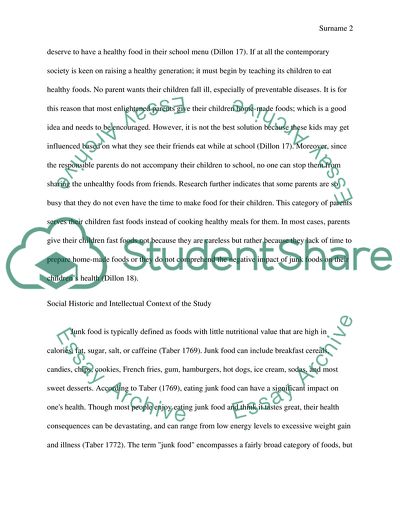Cite this document
(The Negative Impact of Junk Food on Human Health Research Paper, n.d.)
The Negative Impact of Junk Food on Human Health Research Paper. Retrieved from https://studentshare.org/health-sciences-medicine/1778273-the-negative-impact-of-junk-food-on-human-health
The Negative Impact of Junk Food on Human Health Research Paper. Retrieved from https://studentshare.org/health-sciences-medicine/1778273-the-negative-impact-of-junk-food-on-human-health
(The Negative Impact of Junk Food on Human Health Research Paper)
The Negative Impact of Junk Food on Human Health Research Paper. https://studentshare.org/health-sciences-medicine/1778273-the-negative-impact-of-junk-food-on-human-health.
The Negative Impact of Junk Food on Human Health Research Paper. https://studentshare.org/health-sciences-medicine/1778273-the-negative-impact-of-junk-food-on-human-health.
“The Negative Impact of Junk Food on Human Health Research Paper”, n.d. https://studentshare.org/health-sciences-medicine/1778273-the-negative-impact-of-junk-food-on-human-health.


